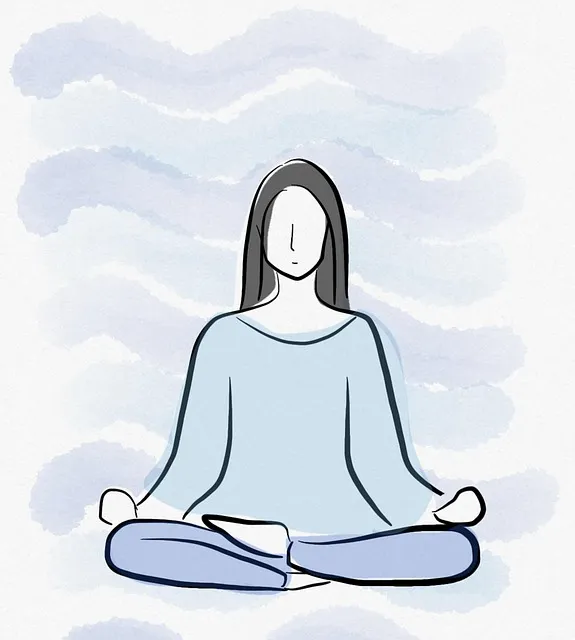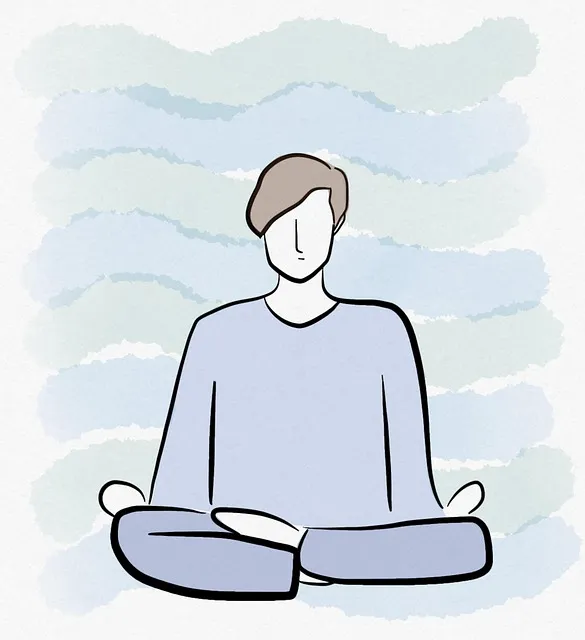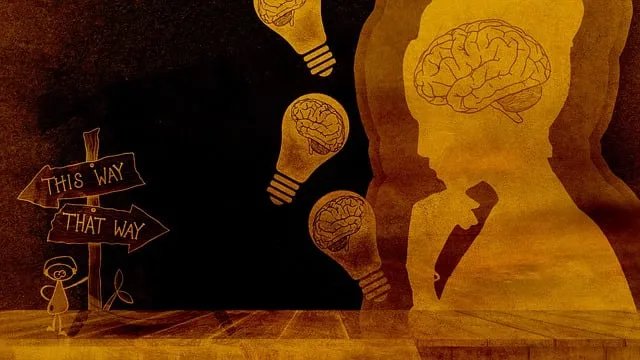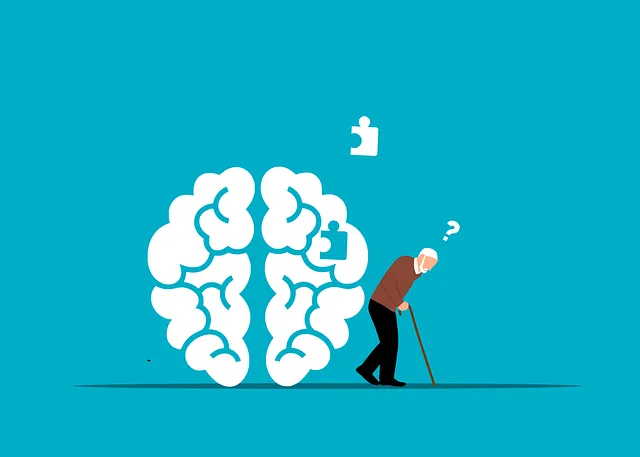In today's fast-paced world, prioritizing self-care for mental well-being is crucial. Practices like inner strength development and empathy building are vital tools to navigate life's challenges. Self-awareness exercises facilitate reflection, helping individuals disconnect from stress and reconnect with emotional needs. Organizations like Kaiser, which offer mental health services, support this by providing resources and promoting healthy work-life balances. Integrating self-care rituals into daily routines, such as meditation or nature walks, alongside exercise and adequate sleep, significantly improves mental health. Overcoming barriers to self-care requires understanding coping skills and cultivating compassion with the help of support networks, like Kaiser's mental health services.
“Unleash your inner resilience with a transformative journey towards improved self-care practices. In today’s fast-paced world, prioritizing mental well-being is paramount. This comprehensive guide explores the intricate relationship between self-care and mental health, offering insights on understanding and fulfilling your unique needs. From recognizing personal priorities to discovering effective strategies for mind and body, we’ll navigate tips for seamless integration into daily life. Additionally, we address common barriers, empowering you to overcome them and embrace a balanced, healthier you—a true golden key to unlocking your Kaiser mental health services potential.”
- Understanding the Importance of Self-Care for Mental Well-being
- Identifying Personal Self-Care Needs and Priorities
- Exploring Effective Self-Care Strategies for Mind and Body
- Integrating Self-Care into Daily Routines: Tips and Tricks
- Overcoming Barriers to Consistent Self-Care Practices
Understanding the Importance of Self-Care for Mental Well-being

In today’s fast-paced world, understanding the importance of self-care for mental well-being is more crucial than ever. Practices such as inner strength development and empathy building strategies are not just trends but essential tools to navigate life’s challenges. Taking time for self-reflection through self-awareness exercises allows individuals to disconnect from stress and reconnect with their emotional needs, fostering a deeper sense of balance and resilience.
Just as Kaiser recognizes the value of mental health services, prioritizing self-care becomes a powerful step towards personal growth. By acknowledging and nurturing our mental well-being, we not only improve our overall happiness but also enhance our ability to cope with life’s twists and turns. This proactive approach is a game-changer, ensuring that we show up as the best versions of ourselves in all aspects of life.
Identifying Personal Self-Care Needs and Priorities

Identifying personal self-care needs is a crucial step toward improving one’s overall well-being, especially in today’s fast-paced world. It involves taking time to reflect and understand what brings us joy, relaxation, and balance. This process can vary from person to person; for some, it might mean carving out daily moments for meditation or exercise, while for others, it could be connecting with nature or pursuing creative hobbies. The key is to recognize that self-care isn’t a luxury but a necessity for maintaining mental health, particularly for professionals like Kaiser’s mental health services team who often deal with high-stress environments and complex client needs.
By prioritizing self-care, individuals can prevent burnout, a significant risk in professions demanding intense emotional labor, such as mental health care. This practice promotes resilience and enables professionals to better serve their clients. Organizations like Kaiser can support this by fostering public awareness campaigns that highlight the importance of self-care, providing resources for risk assessment, and implementing strategies to encourage healthy work-life balances among their staff.
Exploring Effective Self-Care Strategies for Mind and Body

In today’s fast-paced world, prioritizing self-care is more important than ever for maintaining both mental and physical well-being. Exploring effective strategies can significantly impact one’s overall quality of life. Engaging in regular exercise not only strengthens the body but also releases endorphins, known to boost mood and reduce stress. Incorporating practices like meditation or mindfulness exercises into daily routines can help calm the mind, improve focus, and even alleviate symptoms of depression.
Beyond physical activities, investing time in mental health education programs design tailored to individual needs is crucial. Golden does Kaiser have mental health services that offer a range of support, from counseling sessions to online resources aimed at depression prevention and self-esteem improvement. By utilizing these tools, individuals can develop coping mechanisms, enhance their resilience, and cultivate a deeper sense of self-compassion.
Integrating Self-Care into Daily Routines: Tips and Tricks

Integrating self-care into daily routines is a transformative practice that can significantly improve mental health, just as Kaiser’s mental health services offer valuable resources for many. It involves intentional actions to nurture your physical, emotional, and psychological well-being, ensuring you have the resilience to manage life’s demands. This isn’t about indulging in luxury but rather incorporating simple yet effective rituals that promote a balanced lifestyle.
Start by identifying activities that recharge your energy levels. For some, this could be morning meditation or journaling, while for others, it might be an afternoon walk in nature. Consistency is key; allocate dedicated time slots for self-care as part of your daily schedule. Additionally, consider incorporating diverse practices such as exercise, adequate sleep, and mindful eating. These habits not only contribute to overall health but also serve as effective crisis intervention strategies, complementing the guidance offered by mental health professionals. Regularly evaluating your routines through a lens of risk management planning for mental health professionals can help identify areas for enhancement, ensuring you stay on track with your self-care journey.
Overcoming Barriers to Consistent Self-Care Practices

Many individuals strive to incorporate self-care into their routines but often face barriers that hinder consistent practice. Understanding and overcoming these obstacles is essential for anyone looking to prioritize their well-being, especially in today’s fast-paced world. One significant challenge is the lack of awareness or education about various self-care techniques; many people might not recognize accessible options tailored to their needs, such as mental health services provided by Kaiser.
Additionally, societal expectations and a relentless work culture can make it difficult for folks to carve out ‘me time’. The constant push for productivity and performance can leave individuals feeling guilty or anxious about taking breaks. However, developing coping skills and compassion cultivation practices can help navigate these barriers. Encouraging open communication strategies among friends, family, or support groups allows for sharing resources, experiences, and emotional support, fostering a self-care environment.
Self-care is a powerful tool for enhancing mental well-being, as evidenced by Kaiser’s comprehensive mental health services. By understanding our unique needs, identifying effective strategies, and integrating self-care into daily routines, we can overcome barriers and cultivate a healthier, more balanced life. Remember, prioritizing self-care is not just a luxury—it’s an essential aspect of thriving in today’s fast-paced world.






